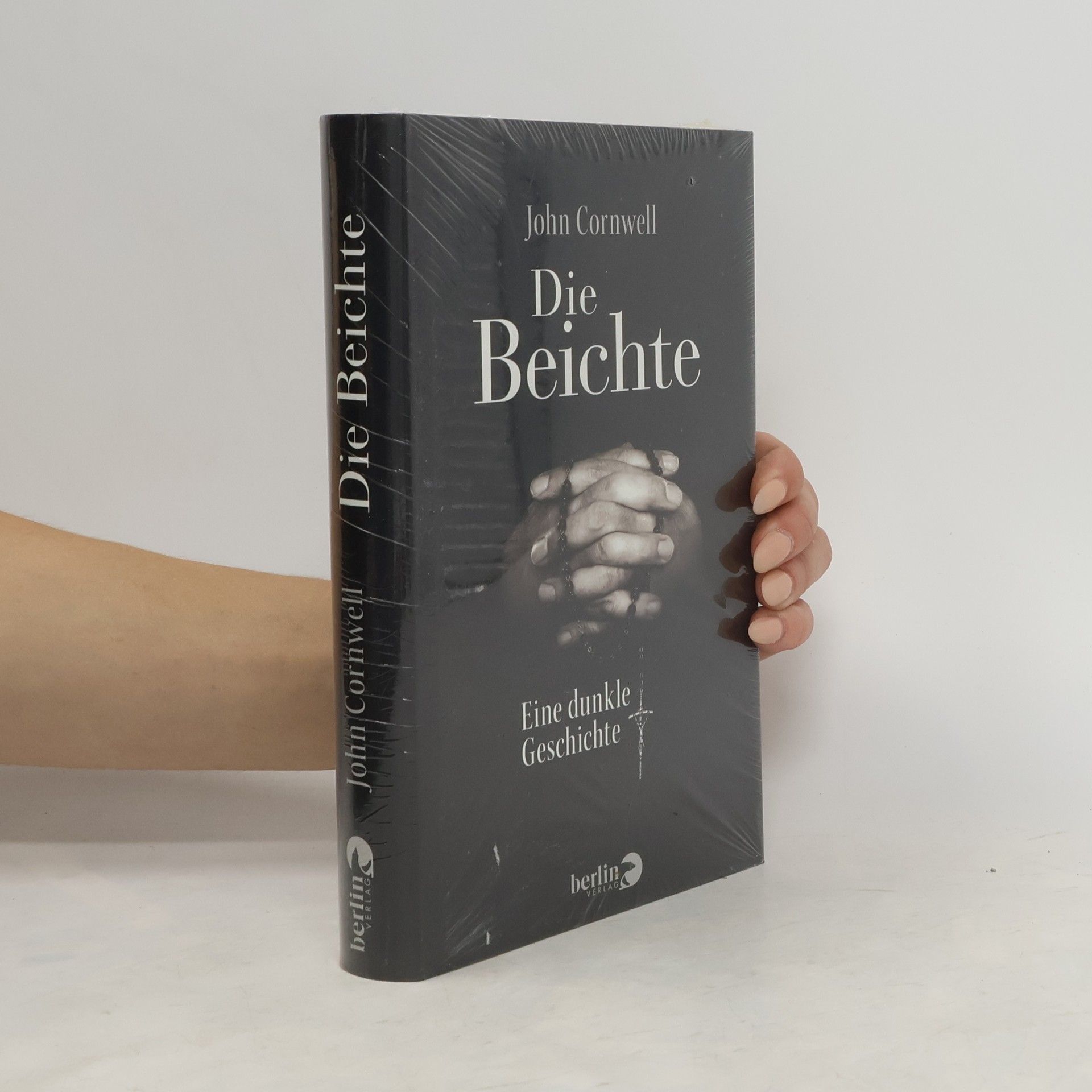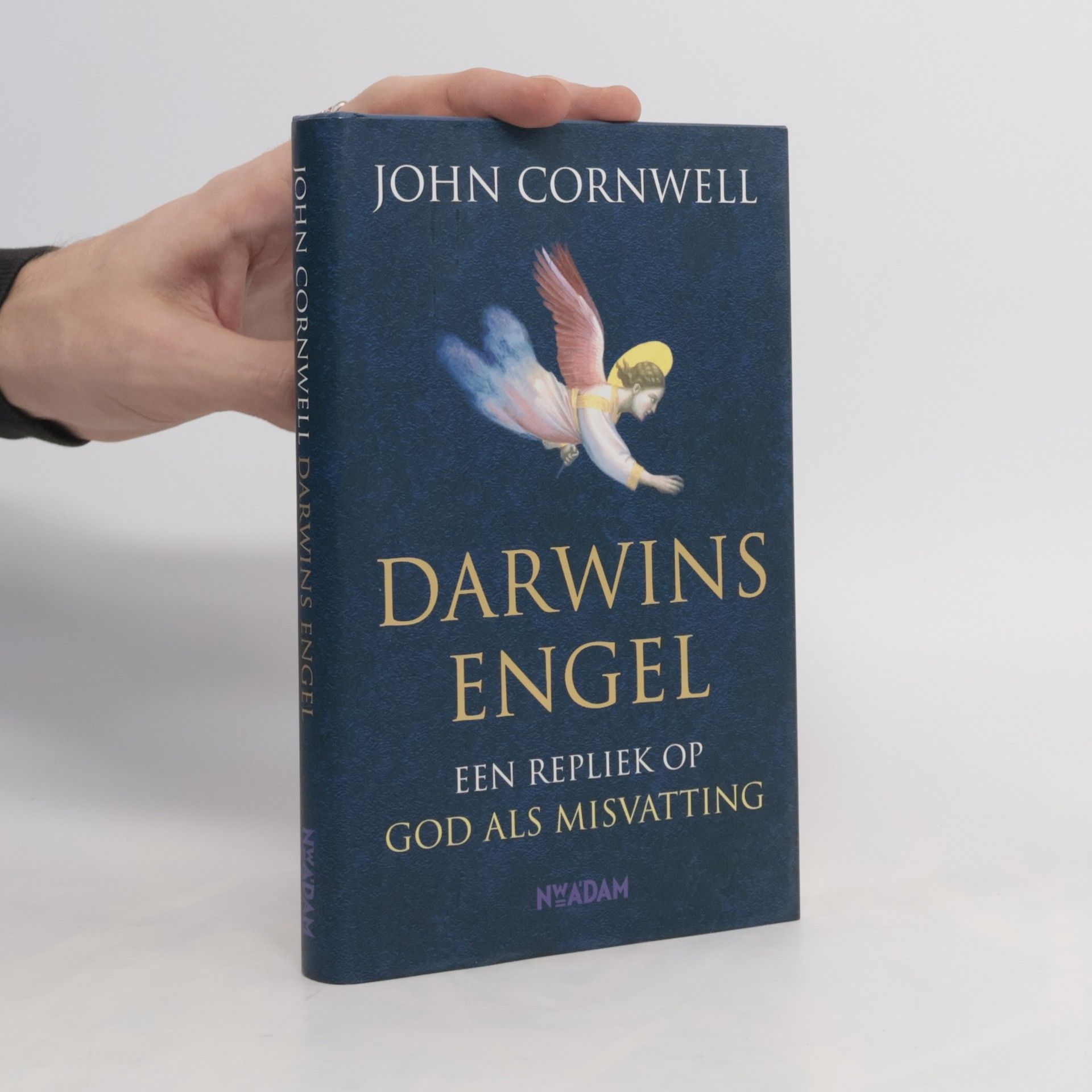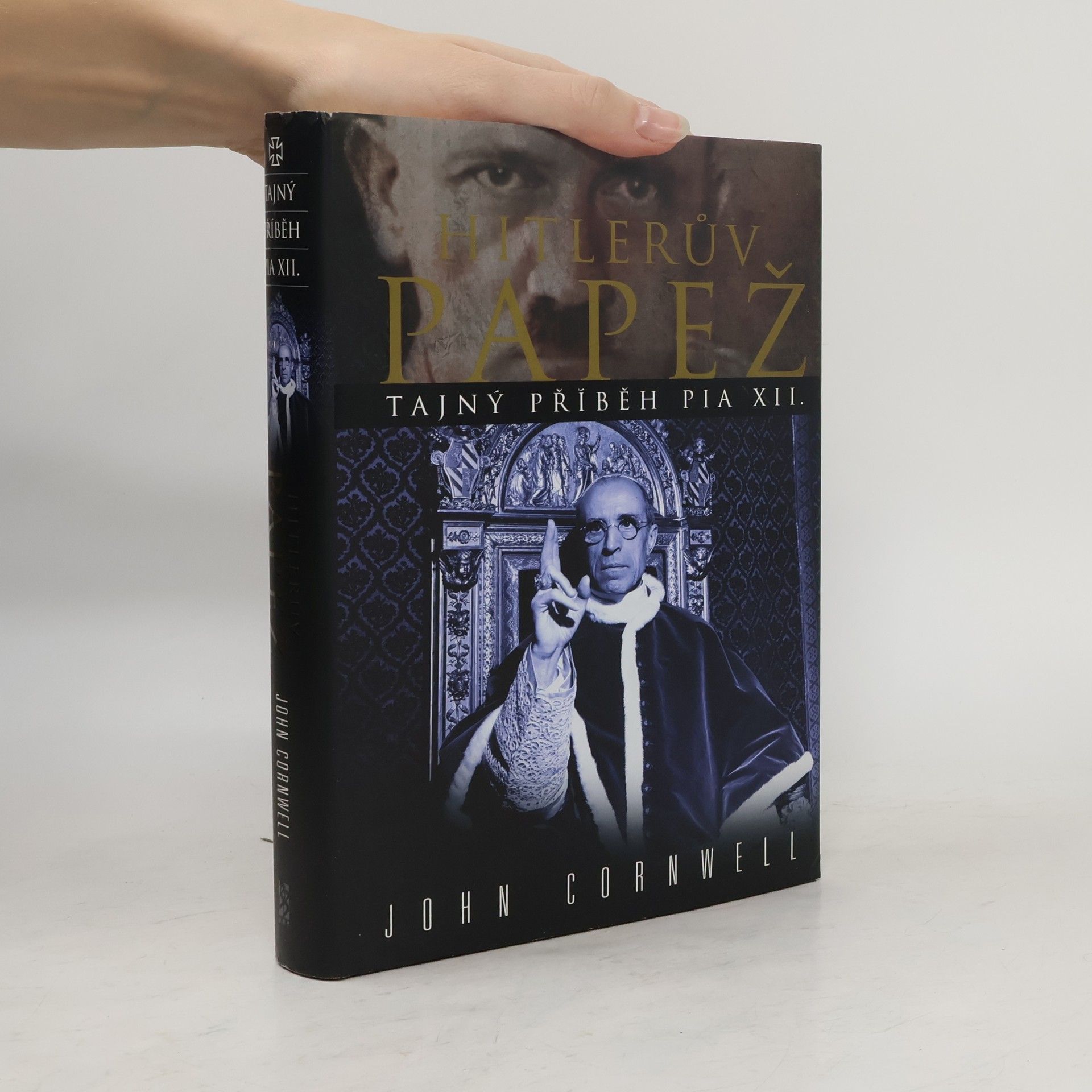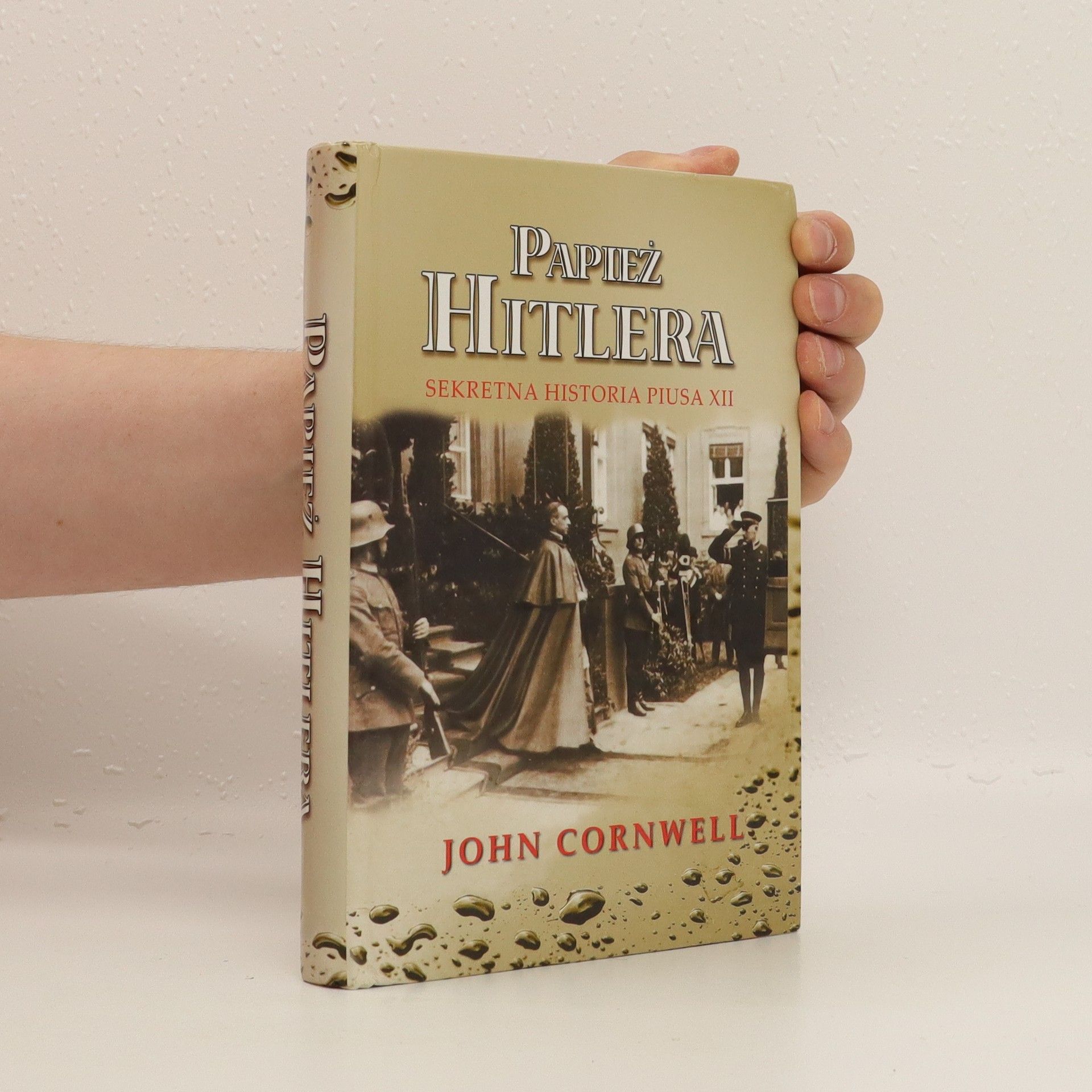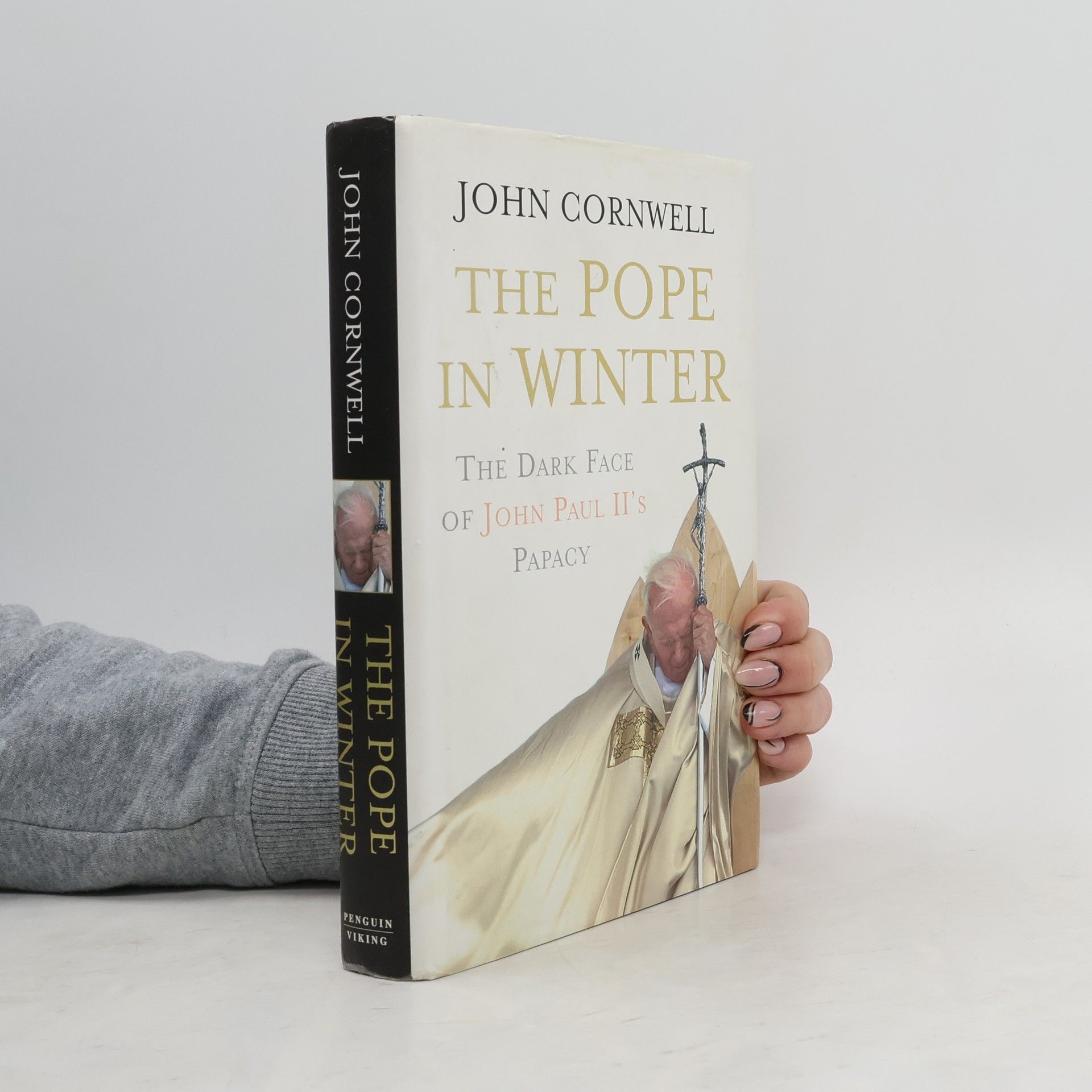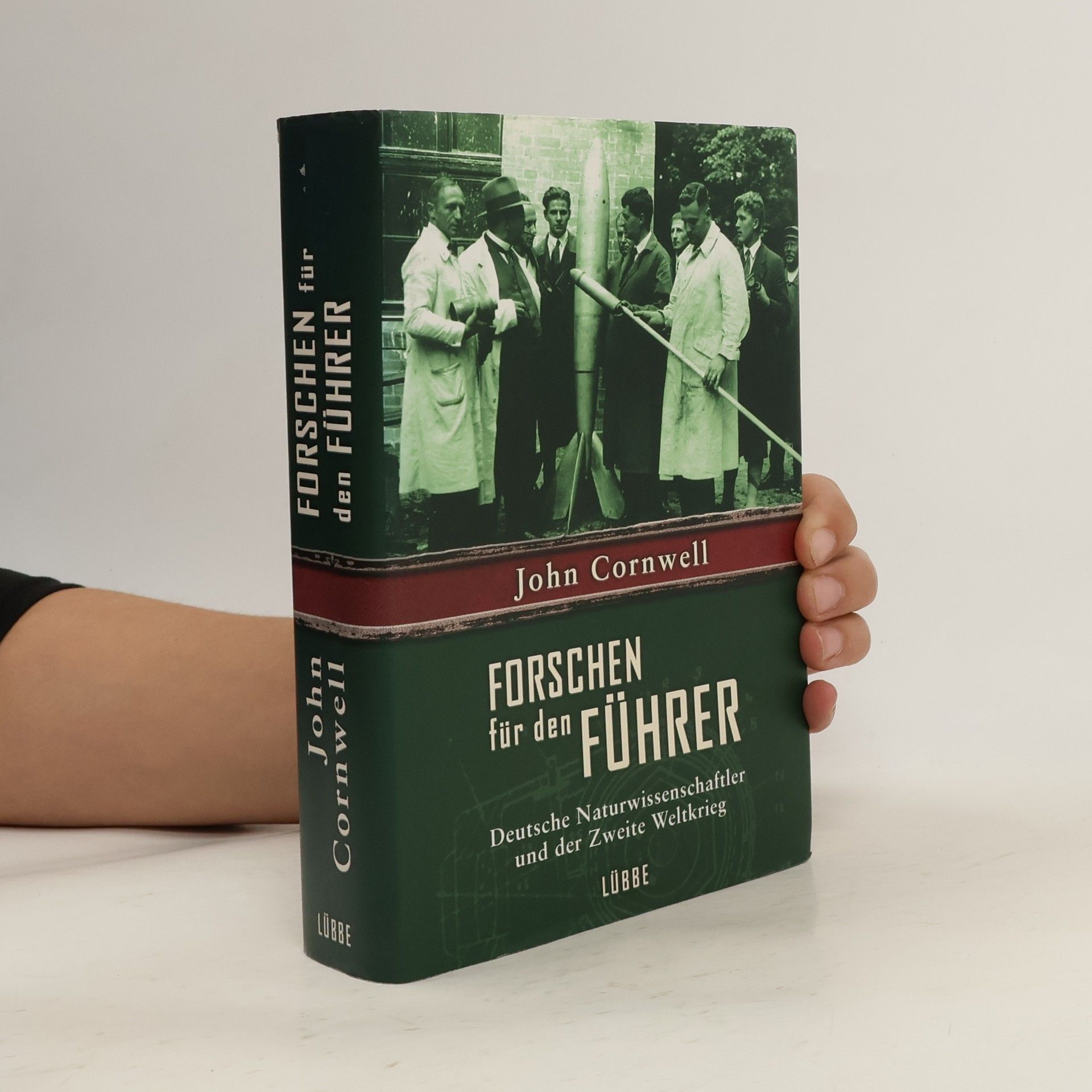Pope Francis is ready to embrace significant change within the Catholic Church, even if it means facing collapse as a means of purification. He acknowledges the possibility of being remembered as the one who split the Church, yet envisions a more empathetic and welcoming institution for Catholics. John Cornwell, a bestselling author and scholar, argues that the Pope's disruptive approach is a calculated risk aimed at restoring hope for many Catholics who feel marginalized and disillusioned. With 1.2 billion members, the Church is facing a crisis, as evidenced by a 2018 survey revealing that over a third of American Catholics were considering leaving. Financially, the Church has lost approximately $2.5 billion annually over the past two decades due to clerical abuse cases. Declines in attendance, marriages, and vocations further illustrate the discontent. Cornwell posits that Pope Francis seeks to counteract this decline by challenging long-standing traditions and practices, despite the chaos it may create. His efforts have met resistance from conservative factions within the Church, who fear the long-term implications of his reforms. While some hope for a successor to reverse the "Francis Effect," Cornwell asserts that the changes initiated by the Pope are likely irreversible.
John Cornwell Book order (chronological)
John Cornwell is a British journalist and author renowned for his investigative work and exploration of the nexus between science, ethics, and the humanities. His writing delves into the complex ethical dilemmas arising from scientific advancements, examining how these issues shape our society. With meticulous research and incisive analysis, he tackles often controversial subjects and intricate historical contexts. Beyond his contributions to understanding science, he also offers profound insights into the Catholic Church and its engagement with the modern world.

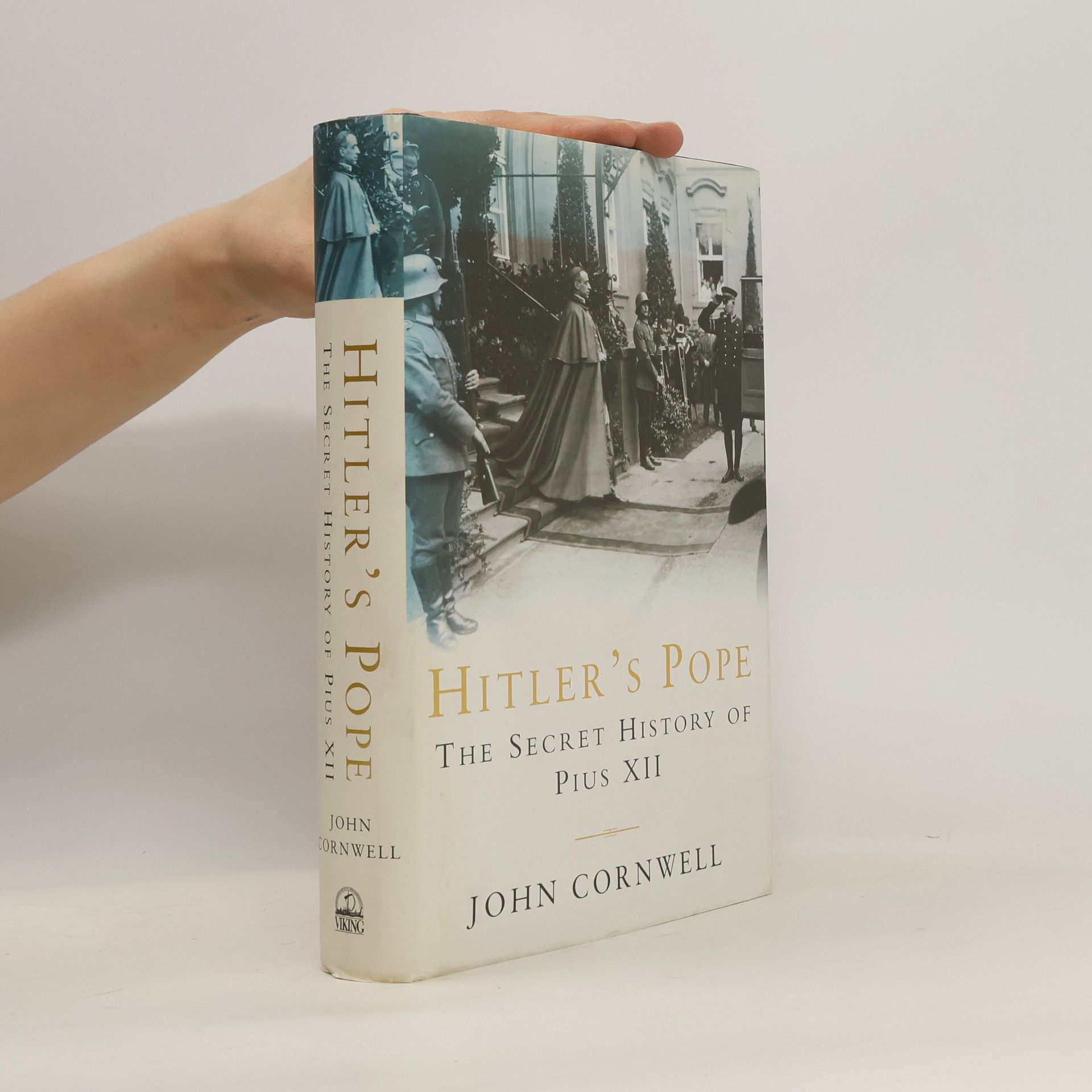
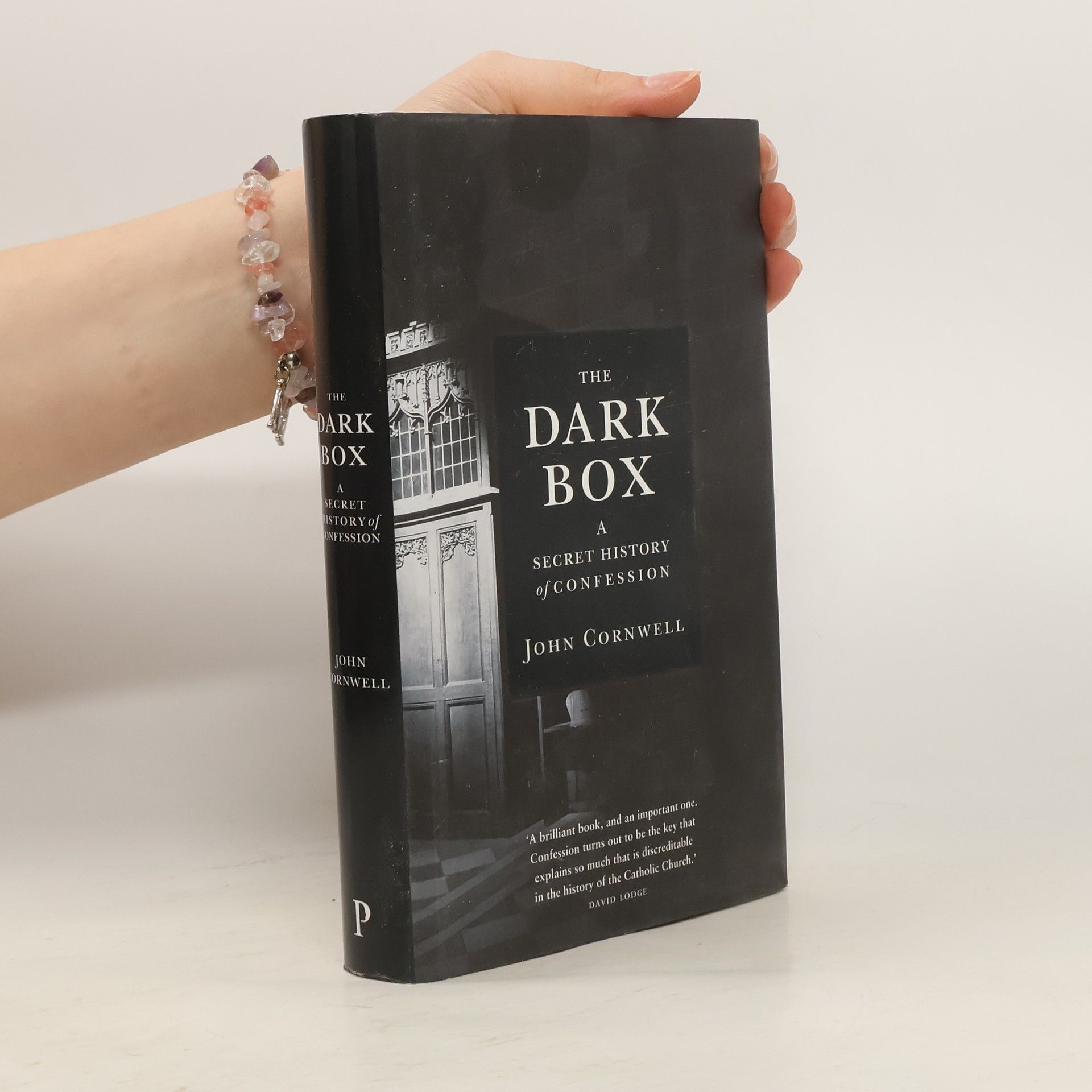
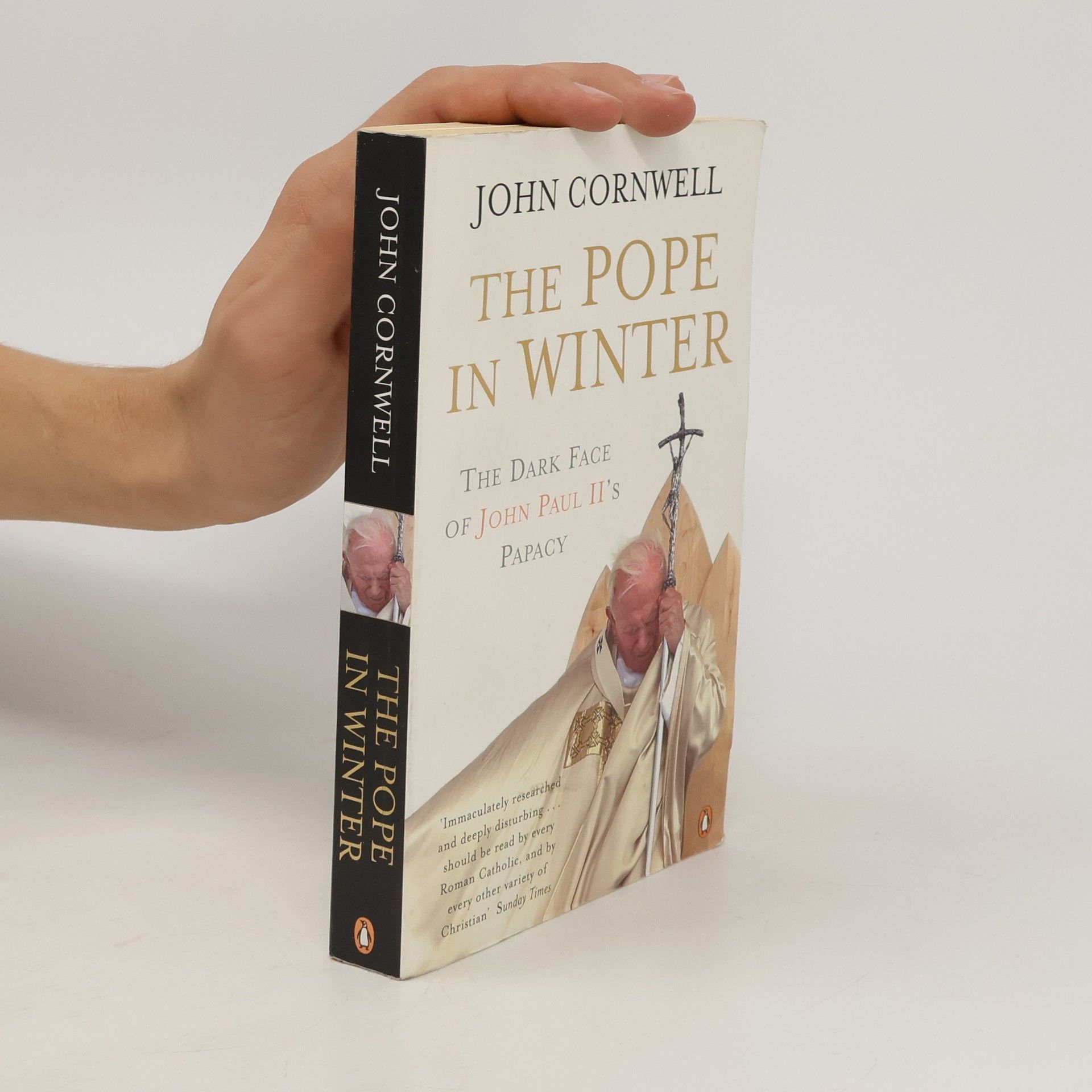
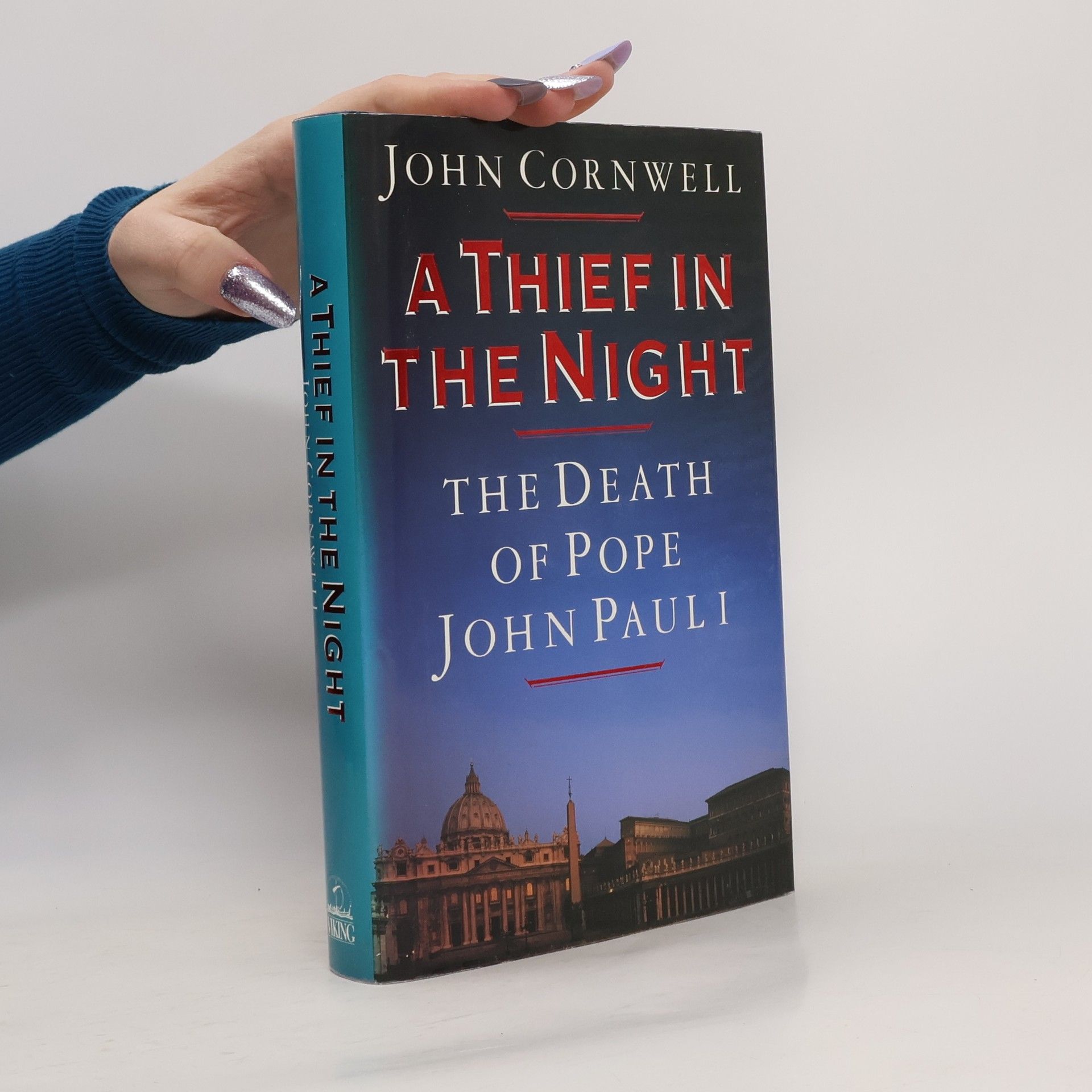

The story of the very first volunteer for the Sheffield Pals, as well as that of the last survivor. Insight into officer training and life in the trenches.
'Provokant wird Cornwells Studie zur Geschichte und zur Gegenwart dadurch, dass er Papst Pius X. und sein Dekret 'Quam singulari' in den Mittelpunkt seiner Abhandlung stellt. In ihm bestimmte Pius X. 1910, dass jeder Katholik von nun an einmal in der Woche, statt wie früher einmal im Jahr, zur Beichte gehen müsse. Und noch viel dramatischer: Pius X. führte damit die Kinderbeichte und die Erstkommunion für die erst Siebenjährigen ein. Zu Recht spricht Cornwell von einem 'der gewagtesten Experimente an Kindern, die je im Namen des Christentums verordnet wurden'.', taz, Brigitte Werneburg, 05.02.2014
Would you tell your deepest secrets to a relative stranger? And if you did, would you feel vulnerable? Cleansed? Or perhaps even worse than you did before? Confession has always performed a complex role in society, always created mixed feelings in its practitioners. As an acknowledgement of sinfulness, it can provide immense psychological relief; but while aiming to replace remorse with innocence, its history has become inextricably intertwined with eroticism and shame.The Dark Box is an erudite and personal history; Cornwell draws on his own memories of Catholic boyhood, and weaves it with the story of confession from its origins in the early church to the current day, where its enduring psychological potency is evidenced by everything from the Vatican's 'confession app' to Oprah Winfrey's talk shows. Since the 16th century, seclusion of two individuals in the intimate 'dark box', often discussing sexual actions and thoughts, has eroticised the experience of confession. When, in 1905, Pius X made confession a weekly, rather than yearly ritual, the horrific cases of child abuse which have haunted the Catholic church in the twentieth century became possible.
Hét antwoord op Dawkins' veroordeling van godsdienst Met de bestseller God als misvatting heeft Richard Dawkins een scala aan heftige reacties uitgelokt, variërend van de hoogste lof tot felle verontwaardiging. Hij is de lieveling van atheïsten geworden en een mikpunt van hoon voor gelovigen. John Cornwell is ervan overtuigd dat God als misvatting om een reactie vraagt die zowel monter van toon als robuust is. In de rol van beschermengel van prominente biologen - te beginnen met Darwin - heeft Cornwell een lange brief aan Dawkins geschreven. Daarin wijst hij de grote geleerde op een aantal wezenlijke punten in God als misvatting dat volgens hem niet strookt met de logica en het gezonde verstand. Cornwells 'engel' is niet zozeer een verbolgen en defensieve apologeet als wel een vriendelijke wetenschapsman met verbeeldingskracht en gevoel voor ironie. Welwillend neemt hij de moeite om Dawkins een waslijst voor te leggen van wat in zijn ogen dwalingen en tekortkomingen zijn: van Dawkins' gebrek aan begrip van wat geloof en twijfel in wezen inhouden tot diens blinde vlek voor de aard van het atheïsme en de pseudo-wetenschap onder Stalin, Hitler en Mao. Het resultaat is een uiterst leesbare verdediging van de godsdienst in de moderne wereld. In de breed gevoerde discussie over God en religie, die in ons tijdgewricht volop in gang is, komt dit boek met een nieuw en ander, onmisbaar geluid.
Hitlerův papež. Tajný příběh Pia XII.
- 398 pages
- 14 hours of reading
Tajný příběh Pia XII. Publikace přibližuje život i politickou činnost kontroverzního papeže Pia XII., který ve funkci státního tajemníka podepsal dohodu s Hitlerem a vyhýbal se odsouzení nacismu. Výklad dětství, dospívání, diplomatické kariéry. Hlavní pozornost je věnována působení ve funkci státního tajemníka a papežství, kdy podepsal konkordát s nacistickým Německem i velké vstřícnosti k nacistické politice. Rekapitulace působení tzv. Hitlerova papeže, jenž vešel do dějin svým antisemitismem a bojem proti komunismu...
The Late John Paul II was portrayed by admirers as one of history's great popes. But in The Pope in Winter, leading Vatican expert John Cornwell seriously questions the workings of his papacy and points to fundamental flaws - exacerbated by age and infirmity - that have alarming consequences for both the Catholic Church's future and John Paul II's successor.
Forschen für den Führer
- 576 pages
- 21 hours of reading
Sie waren unumstrittene Stars und machten Deutschland zum internationalen Mekka der Naturwissenschaften: Wilhelm Conrad Röntgen, David Hilbert, Max Planck, Fritz Haber, Lise Meitner, Otto Hahn, Albert Einstein, Max Born, Werner Heisenberg und viele andere. Kein anderes Land erhielt in den ersten beiden Jahrzehnten des 20. Jahrhunderts so viele Nobelpreise wie Deutschland. Doch mit der Machtergreifung der Nazis im Jahr 1933 waren viele Prominente aus Wissenschaft und Forschung gezwungen, ihr Land zu verlassen. Die, die blieben, wurden in die ideologische Pflicht genommen, mussten ihre Arbeit in den Dienst der Hitler'schen Tötungsmaschinerie und Kriegspolitik stellen. Und sie taten es, entwickelten Panzer, Raketen, chemische Kampfstoffe und Bomben, die die Welt in Angst und Schrecken versetzten. Dies ist die Chronik der deutschen Naturwissenschaften in der ersten Hälfte des 20. Jahrhunderts - einer Wissenschaftsdisziplin, die, zum Nutzen der Menschheit gedacht, millionenfachen Tod brachte. Ein erschreckendes, ein dunkles Kapitel deutscher Geschichte, hier zum erstenmal umfassend dargestellt.
